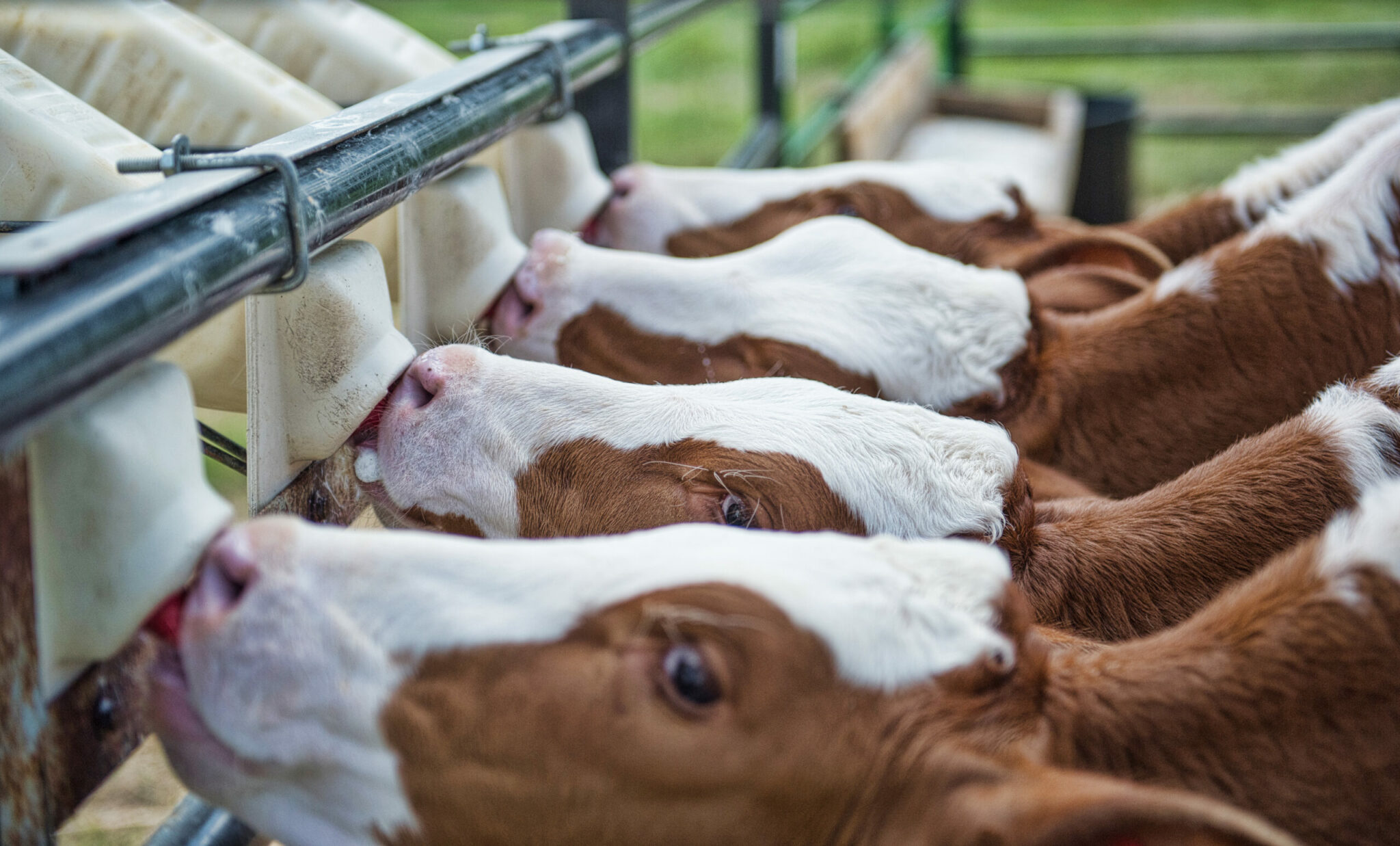Jun 27, 2024

Cloning technology enables progressive producers to duplicate animals that provide the highest value in their herds, advancing their goals of producing efficient, healthier animals and higher quality food products. These animals’ influence ensures a more consistent supply of desirable traits.
Furthermore, cloning technology allows breeders to replace an animal lost early in its breeding career due to death or injury, offering a unique opportunity.
Moreover, cloning technology can extend the genetic influence of elite animals, contributing to the enhancement of food animal production by increasing embryo or semen production through multiple cloned animals sharing the same genetics.
Additionally, breeders with superior castrated males (steers, geldings, barrows, and wethers) can utilize cloning technology to produce intact cloned males for breeding purposes, thereby preserving genotypes that would otherwise have been lost from the genetic pool.
An elite animal contributes a tissue sample for culturing into a cell line or genetic preservation (GP). Researchers cryopreserve or freeze these cells until they use them in the cloning process at a later date. The tissue sample typically originates from the ear or tail of the genetic donor animal.
For those producers seeking an economical alternative or unsure about proceeding with cloning, an express tissue bank (ETB) is available. In this program, the tissue sample remains frozen in its entirety. Eventually, if the client decides to clone, the tissue from the ETB must undergo culturing to develop into a GP or cell line.
A cloned animal is a genetic twin to an existing animal, just born at a later place in time.
The word “cloning” is simply describes somatic cell nuclear transfer (SCNT). Once cells are produced from the tissue sample provided by a genetic donor, they are combined with an enucleated oocyte (unfertile egg with the nucleus removed) and fused together using a process called electrofusion.
The resulting embryos are cultured and transferred into recipient mothers within one week, with variation per species. “Dolly the Sheep” was the first mammal to be produced using SCNT cloning technology more than 25 years ago.
In the cloning process, the animal produced using cloning technology will carry a nuclear genome (DNA) that is a genetic match to the genetic donor animal. In other words, nuclear genotypes (as produced for breed registry DNA genotyping) of the cloned animal will be the same as the genetic donor that provided the tissue sample to produce the cell line or Genetic Preservation. If you are cloning a breed that utilizes genomic evaluations, the genomics of the cloned animal will also be the same as the genetic donor.
For more than 40 years, Trans Ova Genetics has been working closely with cattle breeders on advanced reproductive technologies. We cloned our first animal in 1998—just two years after Dolly the sheep was born.
Today, Trans Ova Genetics provides cloning services for cattle, pigs, goats, sheep, and deer. We also provide genetic preservation services to exotic species. Trans Ova Genetics’s experience is unparalleled. It involves more than 25 years of experience with cloning technologies and encompasses thousands of animals.
As with all advanced reproductive technologies, cloning is part of a carefully planned and implemented genetic advancement program, uniquely defined to achieve individual client goals. For clients that have animals at the elite genetics level and marketing caliber for cloning, Trans Ova Genetics has dedicated their trained, professional team specialists to ensure the best possible care through the entire process.
In January 2008, the FDA released their Final Risk Assessment that stated products from cloned animals and their offspring are safe, and there is no difference in food produced from cloned animals and their offspring, thus there is no reason to require labeling on all products.
The offspring of cloned animals are conventionally bred and are not cloned animals themselves.
You can place an order for a Genetic Preservation, Express Tissue Bank, or a cloning agreement by simply calling 1-800-999-3586 Ext 3104 for Diane Broek. An order can also be placed through your Trans Ova Genetics customer service representative at any TOG location.
Diane Broek
Advanced Technology Sales and Production Manager
For more information on cloning, visit our livestock cloning page or past cloning blog posts.